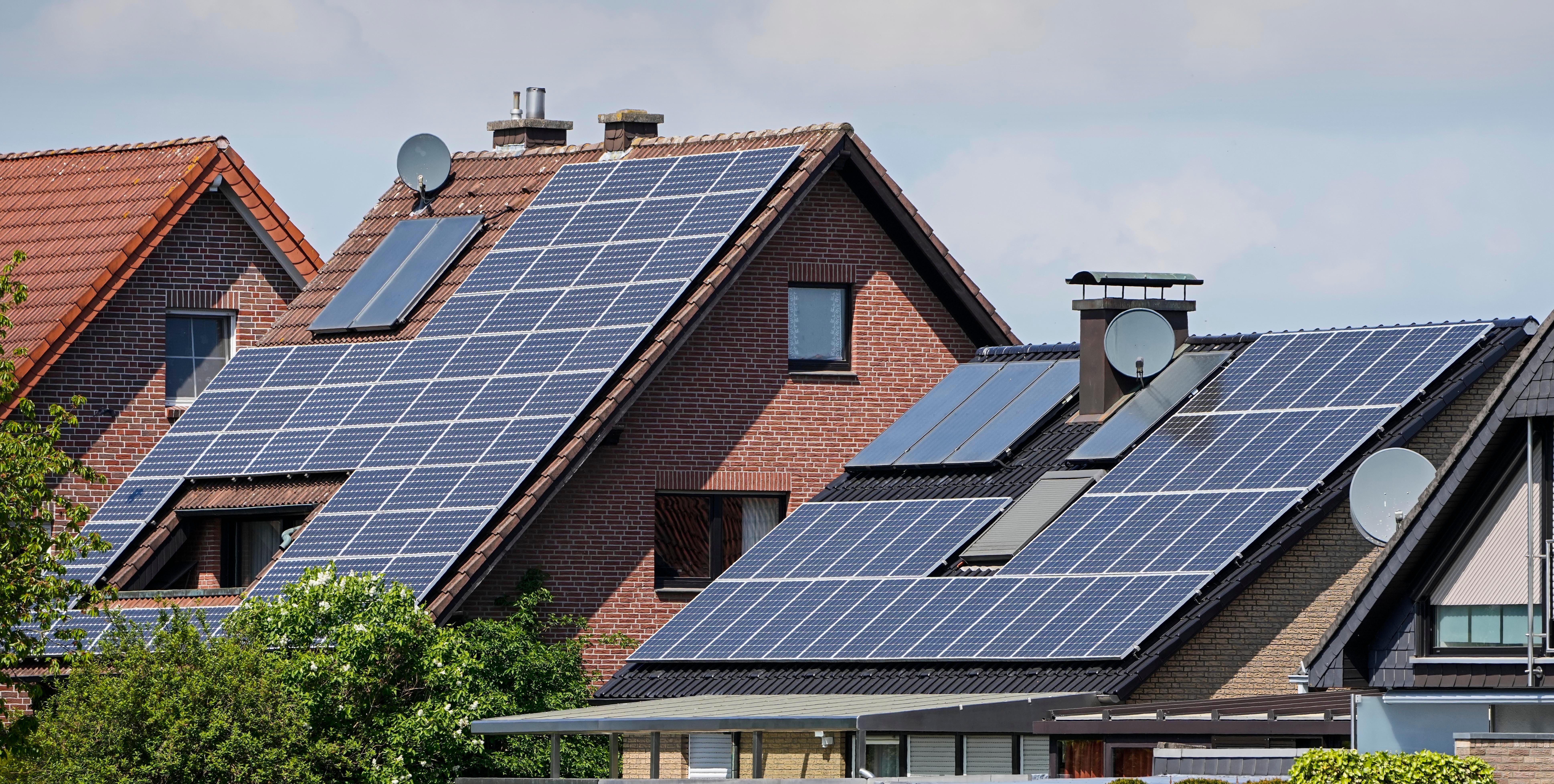David Prosser: Britain's solar industry feels the cold chill of government rejection

Outlook The announcement of new and, for the most part, substantially lower feed-in tariffs for solar-power projects will come to be seen as another black mark on the Coalition Government's record on climate change – and a huge missed opportunity.
An independent report in the US yesterday revealed that in much of the country, solar power is now no more expensive than electricity generated from oil or gas. This "grid parity" is now being achieved without any subsidies – but only because the solar industry has had enough support in the past for technologies to be explored that have brought down costs, and for scale to be reached.
What a pity, then, that in the UK, we are withdrawing such support barely a year after introducing it. For the feed-in tariffs for all but the smallest projects – in themselves worthy, but not collectively able to produce significant amounts of power – are now being cut so drastically that large-scale projects are likely to disappear.
The Department of Energy and Climate Change says demand for the feed-in tariff scheme has exceeded all expectations and now threatens to become "overwhelming". The alternative way to put that view would be to celebrate the fact that Britain is finally having some success in encouraging the take-up of a renewable-energy technology that could eventually provide a third of the electricity we need.
Still, even accepting the glass-half-empty approach, is the scheme really being overwhelmed? It is worth remembering that the cost of subsidies for solar is met not from taxpayers' funds but via a levy on home energy bills. The Solar Trade Association says its members could cope with cuts to the tariffs that would see the average UK household paying £3 a year to keep the scheme going. In this time of inexorably rising energy bills, every penny counts, but it is hard to see a £3 supplement as an "overwhelming" cost.
Moreover, the US experience has been that over time, it is possible to wean the solar sector off subsidies. On most estimates, we could in this country withdraw support completely in less than a decade assuming we do not desert solar power now.
All these calculations, by the way, exclude the positive contribution the solar sector could make in terms of jobs – and thus tax revenues – as well as the potential savings on subsidies for other types of power generation. In particular for nuclear, where despite the Government's protestations, the Commons Energy and Climate Change Committee continues to accuse ministers of covertly offering subsidies.
What, then, has motivated Greg Barker, the Decc minister in charge, to take the axe to the tariffs, despite the majority of submissions to his consultation process advising against it? It is hard to follow his thinking, especially given the new uncertainties about nuclear power, other than to observe that our established power-generating sectors have well-oiled political lobbying machines.
Join our commenting forum
Join thought-provoking conversations, follow other Independent readers and see their replies
Comments
Bookmark popover
Removed from bookmarks